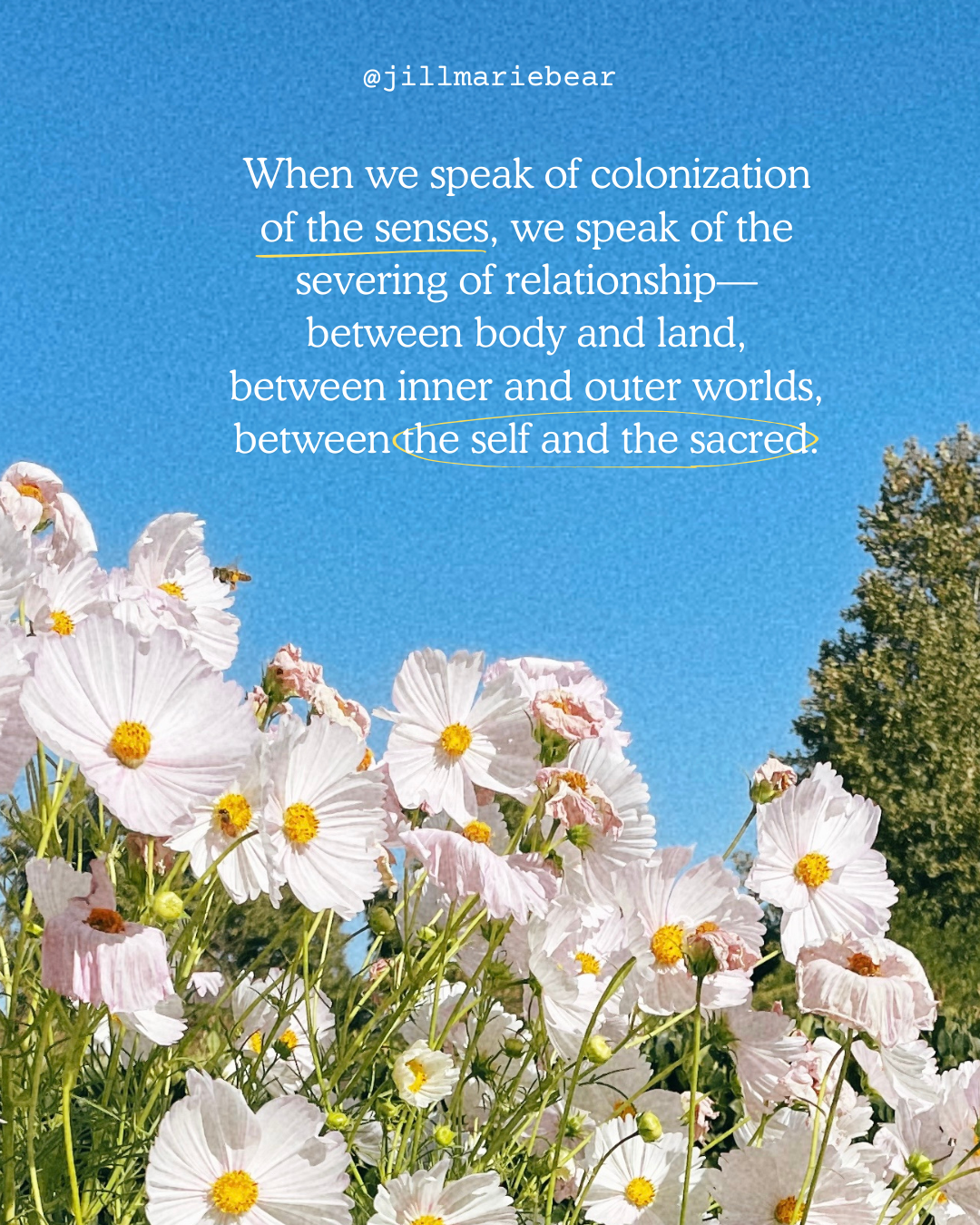
Ancestors



When my body collapsed three years ago, I saw all the specialists, and was left with little to no support. During that time, my counsellor suggested I invite my ancestors in to help. At the time, I had little connection to who my ancestors were—and no worldview that offered them as a source of belonging, guidance, or healing. I didn’t yet know that ancestral connection could be a way to root into identity, work with energies affecting my current reality and to access a deeper support system.
Ancestral healing is the practice of tending to the wounds, gifts, and memories carried through our bloodlines and cultural lineages. It recognizes that trauma is not only personal but also collective—woven through generations, often unspoken, yet held in our nervous systems, behaviors, and patterns of disconnection. At its heart, ancestral healing isn’t about grieving or romanticizing the past, but about listening deeply to those who came before us—to metabolize what was silenced or fragmented, and to restore right relationship across time.
This is a healing of continuity—a remembering of belonging, of place, and of the sacred agreements between humans, land, and the unseen. I also think this is the root of reconciling colonial legacies.
Ancestral healing takes many forms across traditions. It may include ritual, dreaming, storytelling, song, or embodied acts of reverence. These practices might look like tending ancestral altars, offering tobacco or water to the land, listening for inherited stories in the body, or seeking guidance through ceremony or prayer. They ask us to move beyond linear time and into relational time, where healing the past becomes a way of healing the future.
When we engage with our ancestors—not just biologically, but spiritually, culturally, and ecologically—we reclaim parts of ourselves that have been buried or broken. We become part of the repair, weaving new patterns from old threads. In a fragmented world, ancestral healing reminds us: we come from somewhere. We are not alone. And when we tend to this work we can carry the medicine forward.